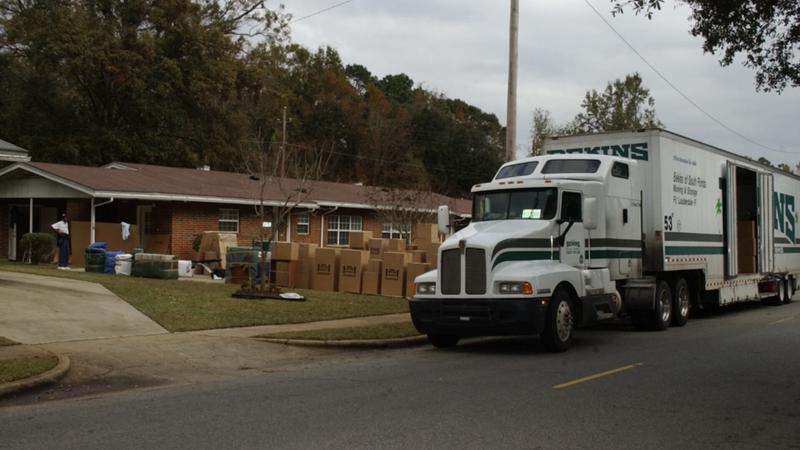After months of pressure from lawmakers and mounting complaints from military families, the Department of Defense has announced immediate reforms to its troubled moving system just ahead of peak permanent change of station season.
Sens. Tim Kaine, D-Va., Mark Warner, D-Va., and Michael Bennet, D-Colo., said the changes are aimed at fixing what many families have called a disaster: long delays, missed household goods pickups and radio silence from contractors.
The reforms include boosting reimbursements for personally arranged moves, shifting shipments away from the troubled Global Household Goods Contract or GHC, and increasing oversight of the entire process.
The Pentagon memo, dated May 20, directs U.S. Transportation Command to reimburse families at 130% of current GHC rates through Sept. 30 if they move themselves — a nod to the many who have already lost confidence in the system.
“Military members and their families sacrifice so much in service to our country, including the stress of relocating into a new community,” Kaine said in a joint statement. “We’re pleased to see the Department of Defense move to address long-standing challenges.”
Those challenges trace back to the 2020 rollout of the GHC, awarded to a single contractor, HomeSafe Alliance. The contract was designed to streamline household goods moves by consolidating vendors under one provider.
Instead, it has become a cautionary tale: missed shipments, confusing handoffs and weeks-long delays that left some families without furniture or answers. Lawmakers sounded alarms, and in 2022, the U.S. Government Accountability Office upheld the contract award in a contested ruling, despite protests over pricing, performance and transparency.
To fix it, the Pentagon is now requiring weekly updates from contractors, activating legacy programs to handle overflow, and reviewing rates to better reflect market conditions.
It is also forming a PCS Task Force to oversee the changes and intervene when breakdowns occur.
For Virginia, where more than 125,000 active-duty personnel are stationed, the issue is more than administrative. Disruptions to PCS moves ripple into school enrollments, housing availability and job continuity for spouses.






